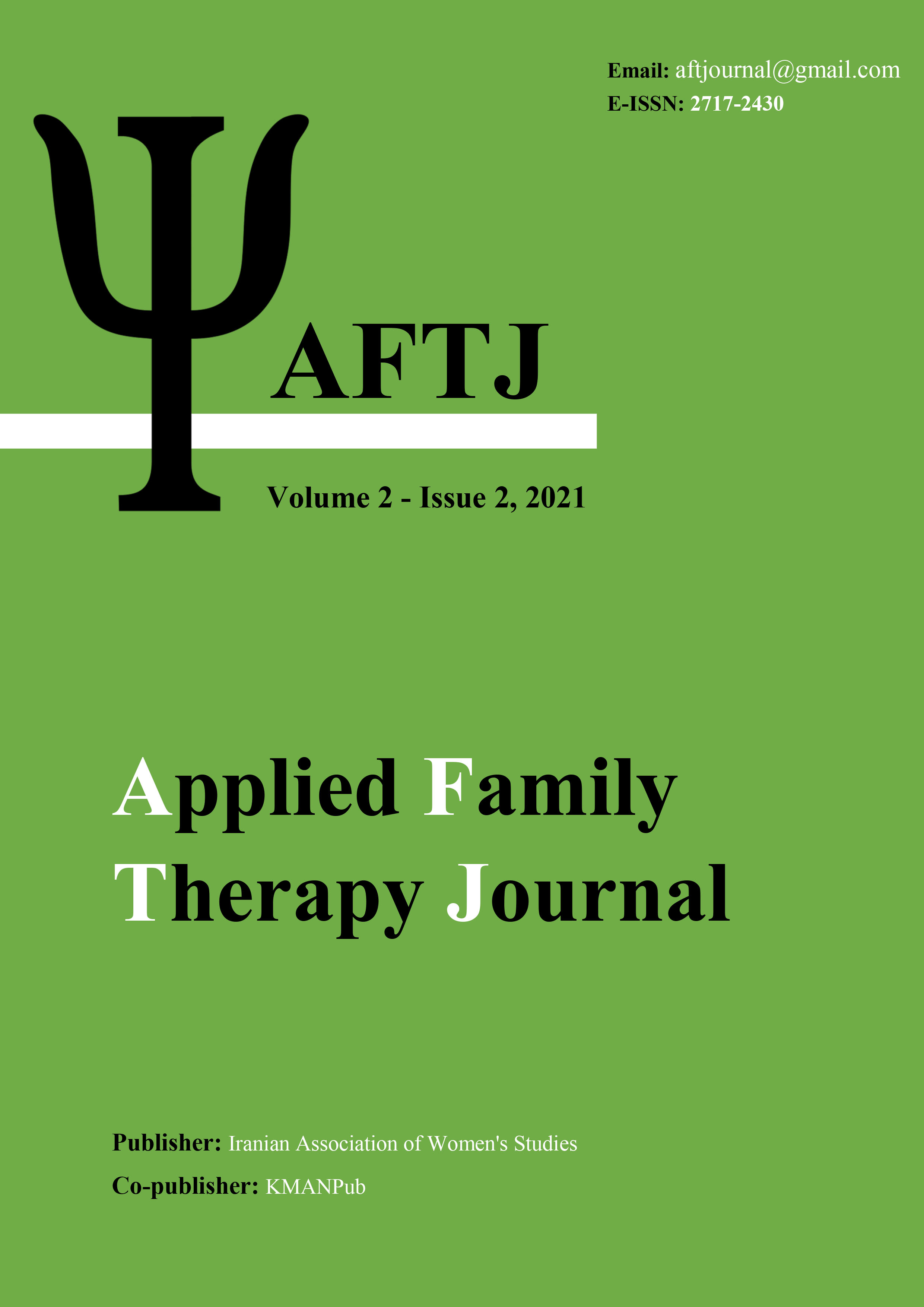Comparing the effectiveness of social cognitive skills training and emotional, rational and behavioral training on reducing irrational beliefs of Adolescents with a tendency to risky behaviors
Keywords:
High Risk Behavior, Irrational Belief Rational Emotional and Behavioral, Cognitive-Social SkillsAbstract
Aim: The aim of this study was to compare the effect of cognitive-social skills training and rational, behavioral emotion training on reducing irrational beliefs of adolescents with a tendency to high-risk behaviors. Method: The method of this research was quasi-experimental with pre-test-post-test design and control group with one month follow-up. The statistical population included female students of the second secondary course of the seventh education district of Tehran in 2019-2020. 36 subjects (12 subjects in each group) were selected as the sample by cluster sampling method. The research instruments the Jones irrational Beliefs Questionnaire (1969). One group of cognitive-social skills intervention, one group of rational, behavioral and emotional interventiand one group did not receive any intervention. Data analysis was performed using SPSS software version 25 using descriptive statistics and mixed analysis of variance. Results: The results showed that cognitive-social skills training reduced all components of irrational beliefs except problem avoidance and emotional, rational and behavioral training also reduced helplessness against change and problem avoidance (P <0.05). No significant difference was observed between the two experimental groups (P <0.05). Conclusion: Psychologists can use emotional, rational and behavioral education as well as cognitive-social skills training to moderate the reduction of irrational beliefs in students with high-risk behaviors.
Downloads
Downloads
Published
Issue
Section
License

This work is licensed under a Creative Commons Attribution-NonCommercial 4.0 International License.





















